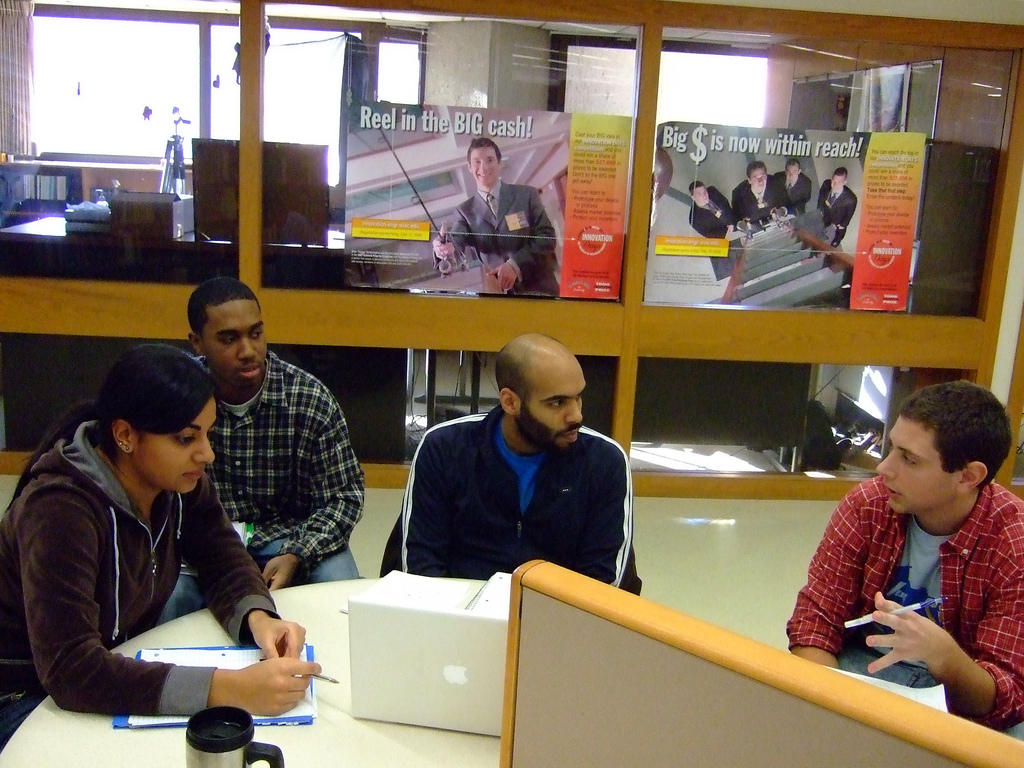Views expressed in opinion columns are the author’s own.
Midterms are coming to a close for the most part, and students across this campus are taking short sighs of relief before gearing up for something arguably worse: Group project season is officially upon us. This notorious time of the semester is typically defined by increased stress, frustration and an influx of GroupMe chats. But group projects don’t have to be the bane of your existence. There are plenty of steps you can take to run your group more smoothly and promote cohesion among your group members.
First things first: organization. Take note of all approaching deadlines and define where, when and how often your group will meet. Consider creating a Google Drive folder to house all documents, sheets and forms that are relevant to your project. This way, all members have access to the content at all hours of the day. Anyone is able to make progress on assignments without having to meet with the entire group. Setting high standards for organization at the start of an assignment sets up your team for later success.
It is essential to evenly split roles and responsibilities. No one member should be pulling the team’s weight; it is equally important to make individual roles clear to everyone in the group so all members thoroughly understand what will be expected of them. Additionally, when delegating responsibilities, a group should assess everyone’s personal strengths and weaknesses. Your team doesn’t benefit from having its most introverted member serve as the main speaker during a presentation or pitch. Maybe they would do their best work behind the scenes. Assigning tasks based on strengths will greatly improve the project’s quality.
Be open-minded. Your group members will suggest ideas you may initially detest. Even so, don’t write people off before listening to their justifications. They may be offering unique ideas or perspectives that could improve the project as a whole. Make sure you hear others’ opinions before taking control over the direction of the project. Though willingness to take the lead is admirable, being excessively controlling is likely to stifle good ideas and cause disputes with other members of the group. A group will work more amicably and cohesively if everyone feels like their voices are being heard.
On the other hand, sometimes a group member will fall short of their responsibilities or push their work onto somebody else. Don’t be afraid to speak up. Honesty and open communication can usually resolve group project problems. What may be perceived as a malicious neglect may just be an honest mistake. Group projects are riddled with miscommunications that cause conflicts. You don’t have to be best friends, but you can’t avoid honestly communicating with each other.
Whether you like it or not, you are going to have to work in groups throughout your life. It may be in the working world, completing projects similar to ones you do for classes. It could also be a less traditional group project such as raising a family. Whatever the situation, group projects are here to stay, and it’s up to everyone involved to make the best of them.
Sydney Wess is a junior art history and broadcast journalism major. She can be reached at swess@terpmail.umd.edu.



